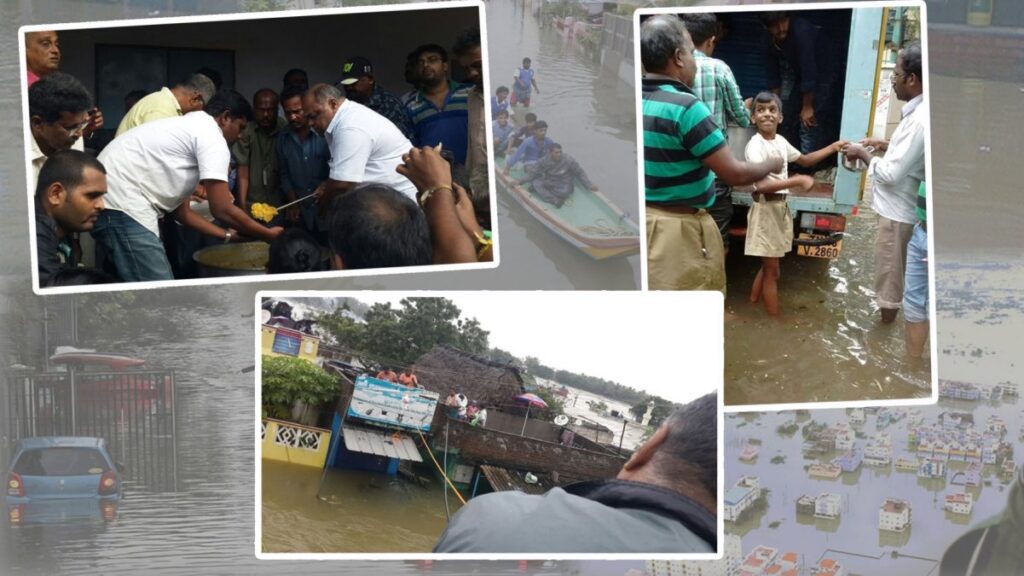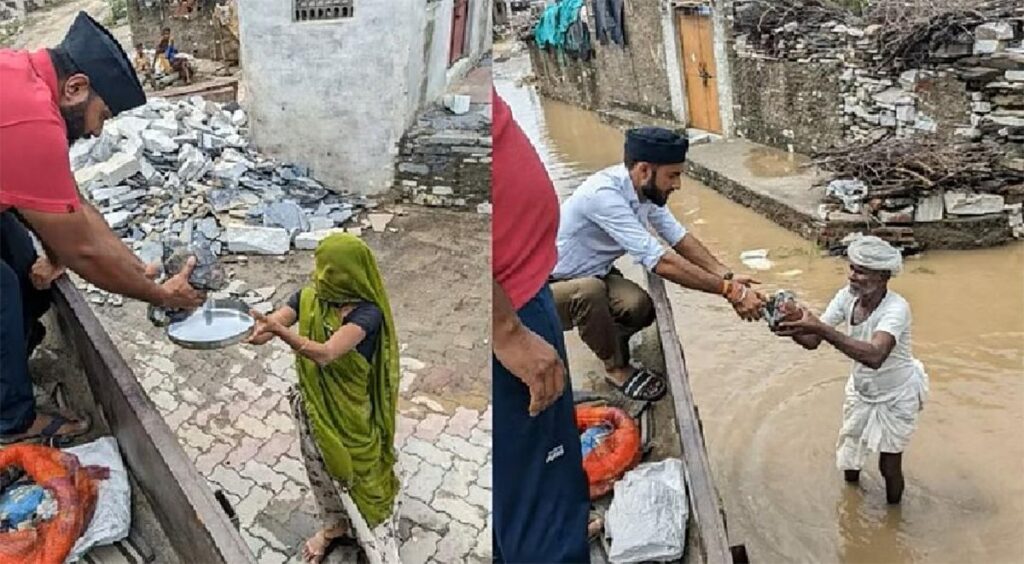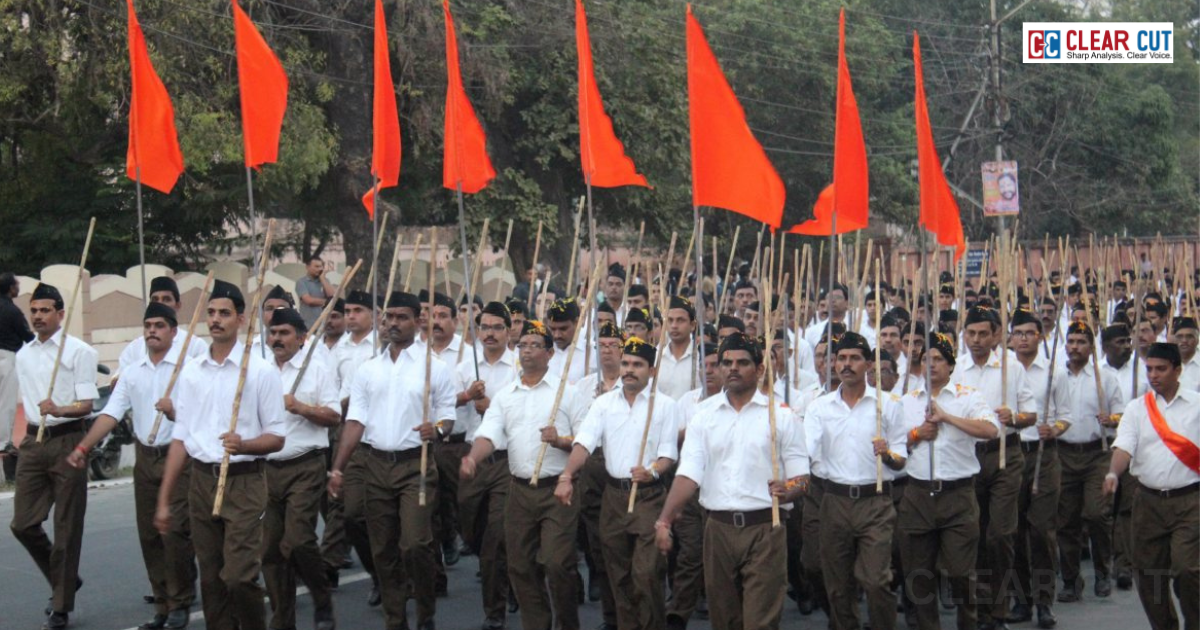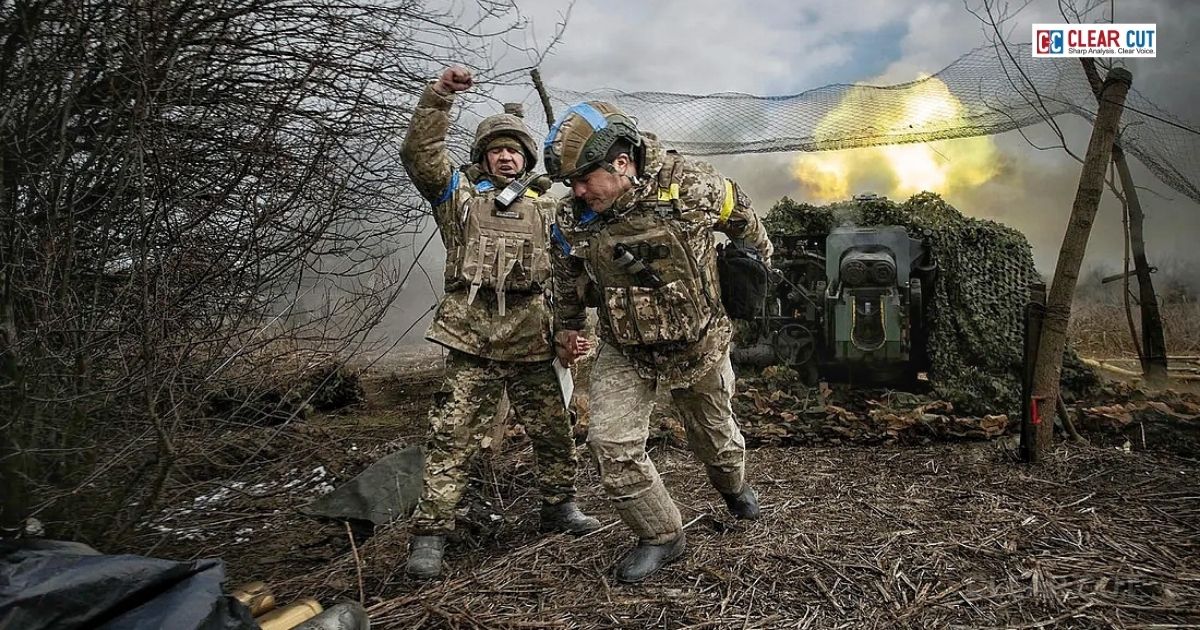Photo Credit: Wikipedia
Clear Cut Livelihood Desk
New Delhi, UPDATED: Oct 03, 2025 03:50 IST
Written By: Janmojaya Barik
When an institution achieves one hundred years, it is more than a date on the calendar. It is a moment to stop, look around, and wonder: what has been the effect of this journey? The Rashtriya Swayamsevak Sangh (RSS), established in 1925, turns its centenary this year. A lot has already been said about its politics and ideology, but there is another aspect worth noting its contribution to society, its service role, and the unassuming strength it has established in communities throughout India.
Standing Strong in Times of Disaster
When nature hits, mankind is left helpless. Earthquakes, floods, cyclones as they come unannounced, leaving trails of destruction behind them. In such times, volunteers of the RSS have long been among the earliest to come.
During a major earthquake in Gujarat in 2001, when the state was rocked, swayamsevaks toiled day and night in relief and rescue. They erected camps, served food, and even rebuilt houses. During Bihar, Kerala, and Assam floods, it was possible to spot young men in khaki shorts and plain uniforms with boats, medicines, and blankets under their care.
The COVID-19 pandemic demonstrated this spirit too. Volunteers assisted with oxygen delivery, coordinated transportation for stranded workers, and provided meals to thousands of families. For many, the presence of these unassuming workers in a time of crisis was a symbol of reassurance — someone will step forward when society needs them most.
The Classroom as a Place of Service
Education has never been just books and tests in India. It is about developing values, character, and self-esteem. The RSS, with its chain of schools and Gurukuls, has attempted to preserve this dream. The Vidya Bharati runs thousands of schools in towns, cities, and villages.
These are not elite schools with hefty prices. Most of them are plain schools in out-of-the-way places, where children of farmers and workers sit together. Besides mathematics and science, discipline, respect for the elderly, and patriotism are also imparted. For many children, these schools have brought a ray of hope for a better future.
Building Bridges in Society
Caste-based discrimination and social stratification have been India’s long shadows. The RSS has attempted to narrow the gaps in its own measure. Volunteers conduct communal feasts where everyone sits together, irrespective of background. Village-level camps and programs emphasize cleaning up, sanitation, and shared festivals.
The premise is straightforward: if children play, eat, and study together, tomorrow they will stand. Prejudice does not disappear overnight, but all these little acts of service can temper barriers and sow seeds of harmony.

Photo Credit: RSS
Nurturing Patriotism in Young Hearts
Most evident to outsiders is the shakha — the pre-dawn session in which boys and men rehearse drills, play sports, and sing patriotic music. Yet these are more than about fitness. They are about instilling discipline, camaraderie, and pride in one’s heritage.
These shakhas have been passed through many generations of youth. They imbibe in them a sense of responsibility — that they belong to a greater family known as Bharat. In a society full of distractions and questioning of values, such training provides stability and direction.
Beyond Ideology, Towards Service
It would be unfair to see the RSS only through the lens of politics. While debates about ideology will always continue, the organization’s work in disaster relief, education, and social welfare cannot be ignored. Thousands of ordinary volunteers, without expectation of fame or money, spend hours serving their neighborhoods.
When an organisation lives for a hundred years, it is no accident. It is because it has touched lives in ways visible and invisible. In city streets and in far-off villages, the RSS has left its mark — here in a restored home, there in a schoolroom, here in the smile of a child who was given a hot meal in the midst of a flood.

Photo Credit: Internet
A Century Completed, A Future Ahead
As the RSS enters its second century, the situation in front of India is varied. Urbanization, virtual existence, and global warming are forging new realities. Nevertheless, the old requirements persist mercy during catastrophe, respect in labor, and concord among communities.
Maybe the most important lesson that can be gleaned from the RSS experience is that nation-building is not just in Parliament or powerhouses. It is in quiet service, in helping a neighbor up when he falls down, in educating a child who does not have books, in lessening hatred and augmenting understanding.
At one hundred years, the Sangh’s legacy stands testament to the fact that service, discipline, and patriotism are values that stand the test of time. They construct not only organizations, but societies. And they remain as applicable for tomorrow as they were a century ago.




